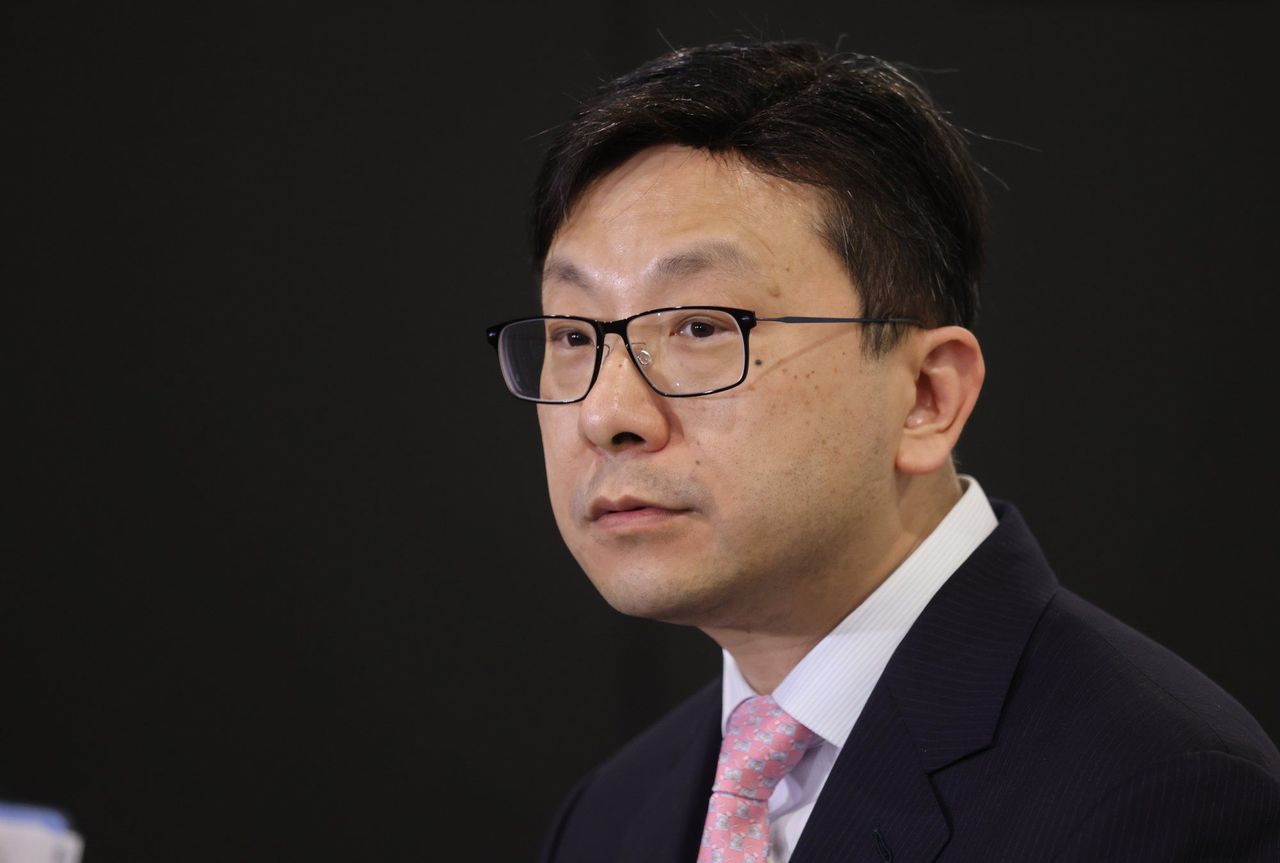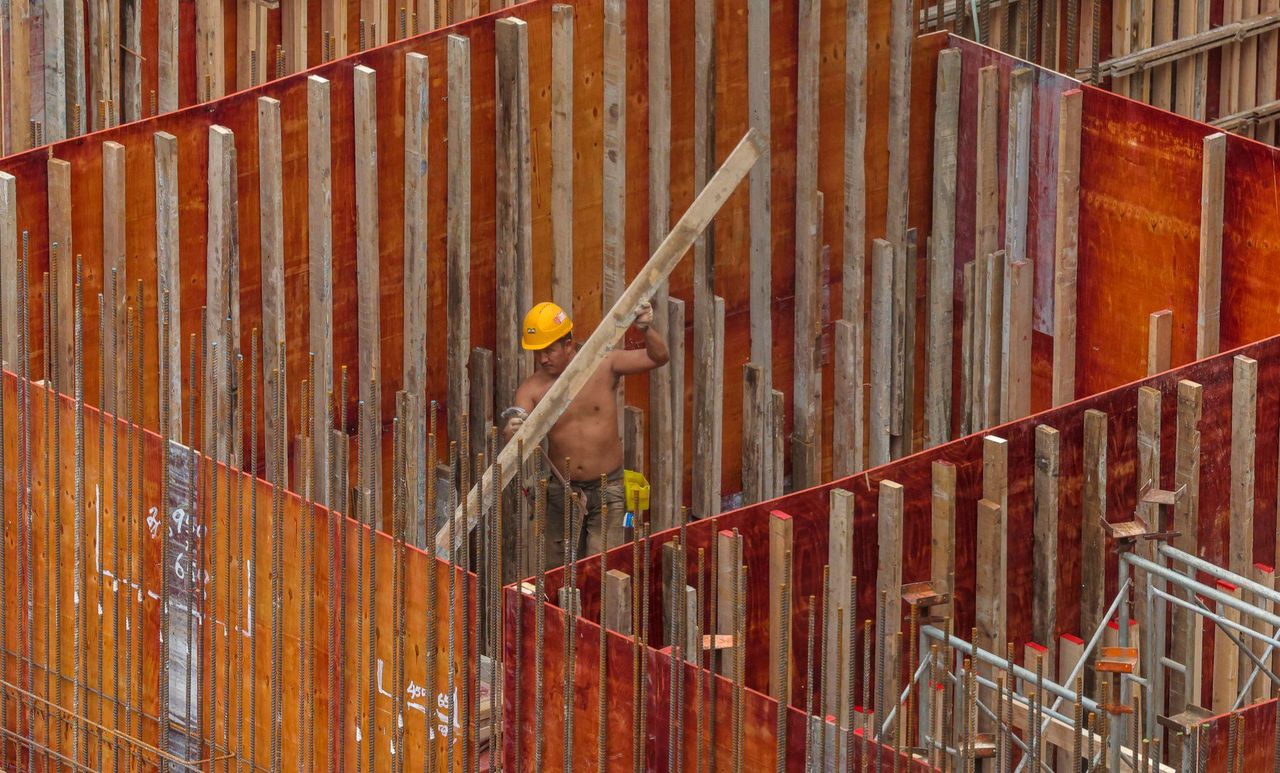Hong Kong News

Hong Kong lawmakers approve motion to bring mainland workers to ease labour crunch
Hong Kong lawmakers have overwhelmingly approved a controversial motion calling for the importation of mainland Chinese workers to ease a labour crunch in the city after a marathon debate in the legislature.
The proposal was passed by a vote of 65 to nine on Thursday in the Legislative Council, with only trade union legislators opposing it. There were also four abstentions.
Secretary for Labour and Welfare Chris Sun Yuk-han said the government’s policy was to give priority to residents when filling job vacancies and it would only allow employers with genuine recruitment difficulties to import workers.
 Secretary for Labour and Welfare Chris Sun.
Secretary for Labour and Welfare Chris Sun.
“We have been like wringing a towel to extract as much water as possible to find out the potential labour force in Hong Kong,” Sun said, referring to government efforts to encourage more people to join the workforce.
He added the government would initiate a midyear study projecting the number of workers in the city, with results expected in the third quarter of 2024.
“But we cannot just sit back and wait [for the study results]. We have to use the data presently in hand to cope with the challenge [of labour shortage],” Sun said, adding that a special scheme to bring in up to 7,000 people to work in care homes for the elderly was needed.
The labour chief also promised that the government would step up efforts to protect imported workers, warning applications from employers found to have exploited staff would be revoked.
“The Employment Ordinance of Hong Kong applies to all workers,” Sun said. “We shall organise workshops for imported workers to let them know their rights. And we shall revoke the applications of those employers if they are found to have broken the rules.”
Debates over bringing in overseas workers reignited recently after city leader John Lee Ka-chiu acknowledged there was a need to import labour.
He promised he would prioritise easing shortages in the construction and transport sectors and planned to come up with strategies by the middle of the year.
 Easing labour shortages in the construction sector will be prioritised, according to the city leader.
Easing labour shortages in the construction sector will be prioritised, according to the city leader.
Union representatives have argued that employers used concerns about worker shortages as a pretext to hire cheap labour.
Sponsoring the motion, Peter Shiu Ka-fai, of the pro-business Liberal Party, said: “The reality is that all sectors are short of workers. Now Covid-19 has gone but some shops are forced to remain closed because the bosses cannot find enough workers.”
Using Macau as an example, he suggested hiring workers from Guangdong so that they could commute from their homes across the border to work in Hong Kong every day.
But Federation of Trade Unions lawmaker Dennis Leung Tsz-wing, who also represents the labour sector, said the government’s housing policy should partly be blamed for the shortage as those who took on higher paying work could no longer be eligible for public housing.
“The crux of the matter is that the income limit for public housing is too low,” Leung said.
A family of two with a total income of more than HK$19,550 (US$2,490) a month and assets worth over HK$376,000 at present cannot apply for a public rental flat.
Liberal Party legislator Tommy Cheung Yu-yan, who also sits on the Executive Council, the city’s top decision-making body, said Leung’s comments were cliched.
Cheung also warned labour shortages could hamper the government’s tourism initiatives to boost the local economy.
“If our services sector cannot hire enough people to work, who will be there to serve the visitors from around the world?” he asked.











